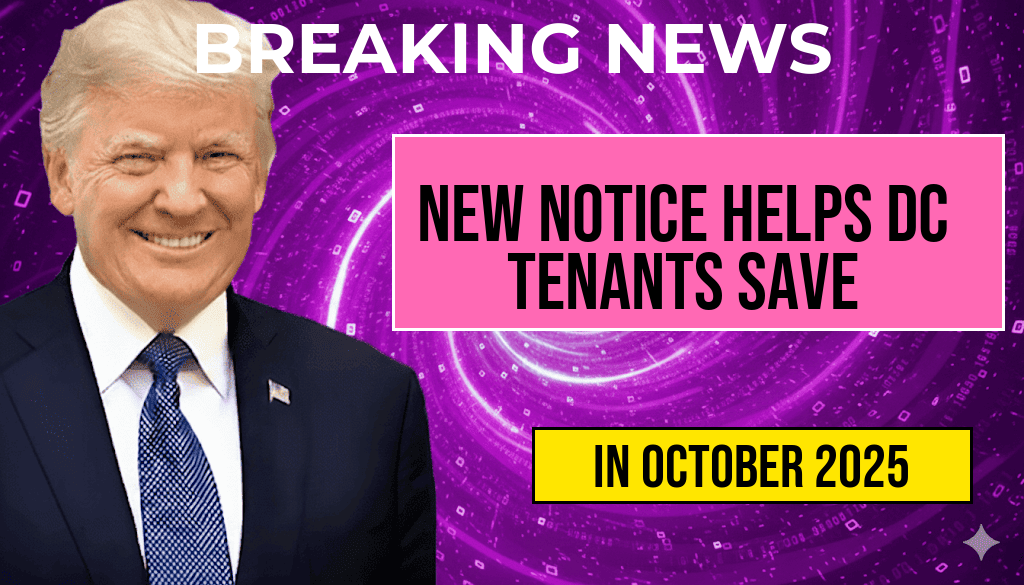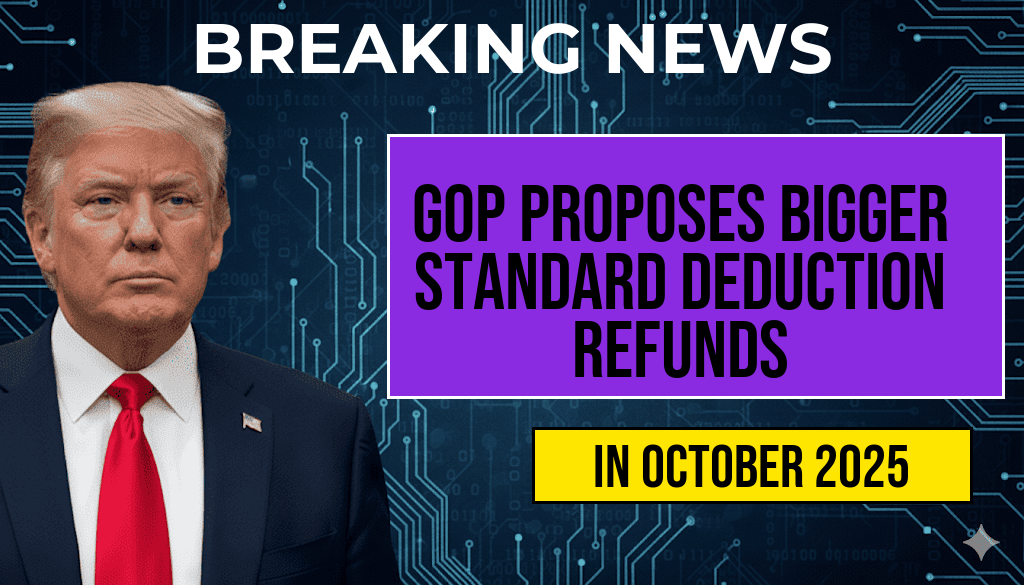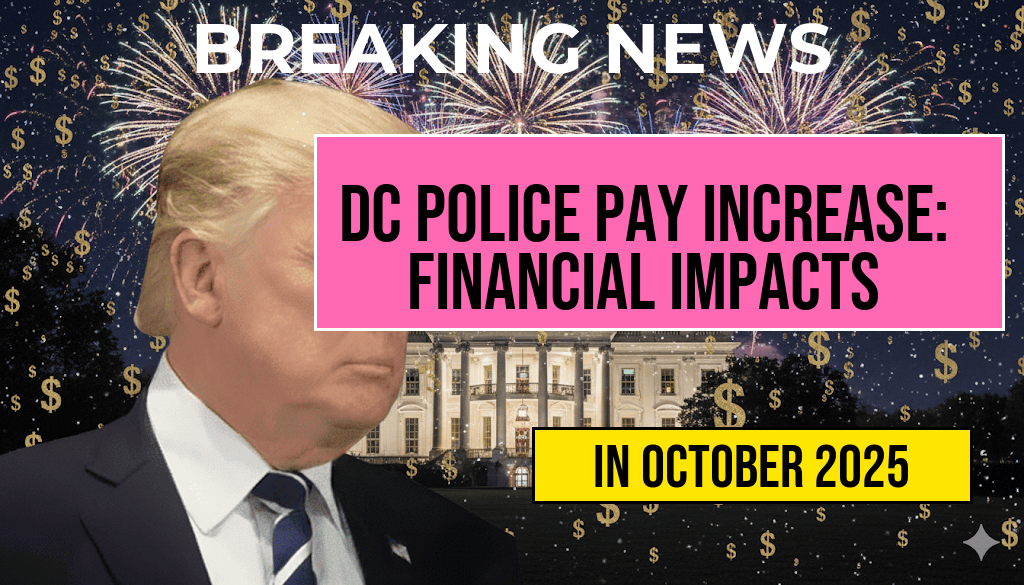Washington, D.C. tenants will soon benefit from a new law designed to protect them from unexpected water shutoff fees. Effective January 1, 2024, landlords will be required to provide tenants with written notice at least 10 days prior to any water shutoff due to non-payment. This move aims to promote transparency and give residents a chance to settle their bills before facing service interruptions. The legislation comes amidst ongoing concerns about the affordability of living in the District, where many residents already struggle with rising costs. By implementing this requirement, the D.C. Council hopes to alleviate some financial burdens and foster better landlord-tenant relationships.
Understanding the New Water Shutoff Notice Requirement
The newly enacted law mandates that all residential property owners must inform tenants of an impending water shutoff at least 10 days in advance. This notice is crucial as it offers tenants the opportunity to address any outstanding water bills before service is disrupted. Previously, tenants often found themselves facing sudden shutoffs and unexpected fees, leading to financial strain and unnecessary stress.
Key Provisions of the Law
- Advance Notice: Landlords must provide written notification 10 days before a water shutoff.
- Delivery Methods: Notices can be delivered via mail, email, or personal handover.
- Fee Waivers: Tenants can avoid additional fees if they pay their bills within the notice period.
Impact on Tenants and Landlords
This legislation represents a significant shift in the relationship between tenants and landlords in D.C. Many tenants have expressed relief at the prospect of avoiding surprise water shutoffs. “It’s a relief to know that I won’t wake up one day without water just because I missed a payment deadline,” said local resident Maria Gonzalez.
Landlords, on the other hand, may need to adjust their billing practices to comply with the new requirements. While some property owners may view the law as an additional burden, others recognize its potential to foster better communication with tenants. “Clear communication can prevent misunderstandings and disputes down the line,” stated John Smith, a property manager in the city.
Financial Implications for Tenants
By providing advance notice, the law aims to help tenants save money. Unexpected water shutoffs can lead to late fees and increased charges for reconnection services. Tenants can now plan their budgets more effectively, knowing they have a grace period to address any issues. Experts estimate that this new regulation could save tenants hundreds of dollars annually, depending on their individual circumstances.
Background on Water Shutoff Practices
Water shutoffs for non-payment have been a contentious issue across the United States, with many cities grappling with how to manage delinquent accounts while protecting vulnerable populations. According to a report by the National Public Radio, water shutoffs disproportionately affect low-income households and can lead to significant health and safety risks.
In D.C., the City Council has been proactive in addressing these concerns. The new notice requirement aligns with broader efforts to enhance tenant protections and ensure equitable access to essential services.
Next Steps for Implementation
The D.C. Department of Energy and Environment (DOEE) is tasked with overseeing the implementation of this law. They will provide resources and guidance to both tenants and landlords to ensure a smooth transition. As the January deadline approaches, educational campaigns are expected to inform residents of their rights and responsibilities under the new regulation.
Conclusion
The introduction of the water shutoff notice requirement marks a significant step forward in tenant advocacy in Washington, D.C. By ensuring that residents have adequate warning before their water service is interrupted, the city aims to promote financial stability and prevent unnecessary hardships. As the law comes into effect, it will be crucial for both tenants and landlords to stay informed and engaged in the process.
Frequently Asked Questions
What is the new water shutoff notice requirement for DC tenants?
The new requirement mandates that landlords in Washington, D.C. must provide a written notice to tenants at least 14 days before a water shutoff occurs. This aims to help tenants avoid unexpected fees associated with sudden water service interruptions.
How can this requirement help tenants save money?
By receiving timely notifications about upcoming water shutoffs, tenants can take proactive measures to avoid potential late fees or penalties, thus saving them hundreds of dollars in unexpected costs.
Are there any exceptions to the 14-day notice requirement?
Yes, the 14-day notice requirement may not apply in cases of emergency shutoffs where immediate action is necessary to protect public health or safety. However, landlords are still encouraged to communicate with tenants whenever possible.
What should tenants do if they don’t receive a notice?
If tenants do not receive a notice and a water shutoff occurs, they should contact their landlord immediately to address the issue and inquire about their rights regarding potential fees.
How can tenants stay informed about their water service status?
Tenants can stay informed by regularly checking for communications from their landlord and by reaching out to the local water authority for updates regarding any scheduled maintenance or service interruptions.













